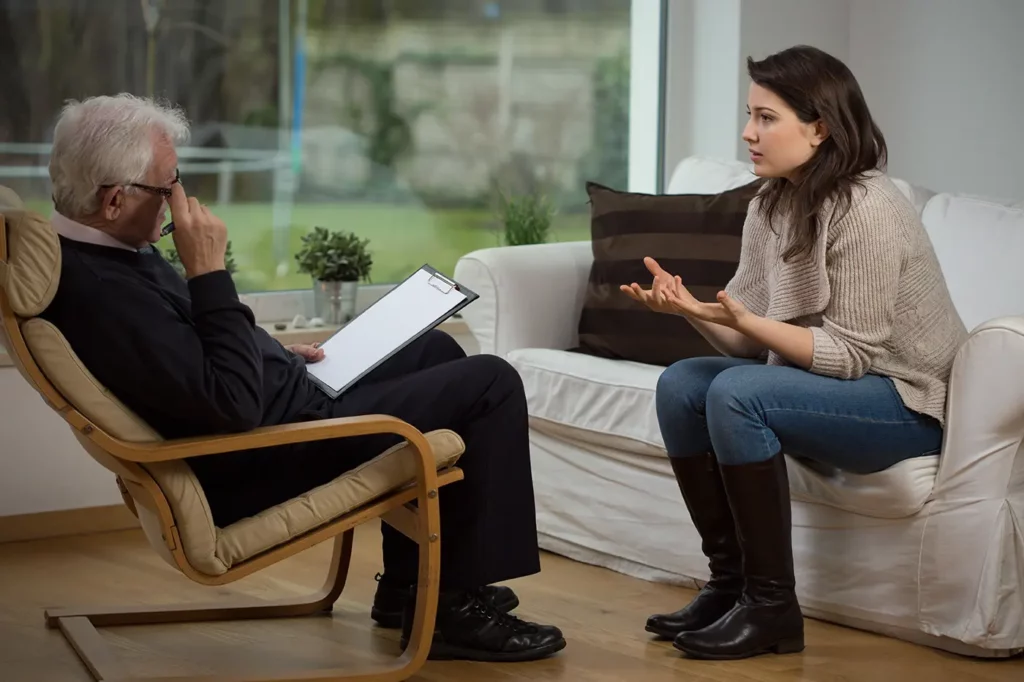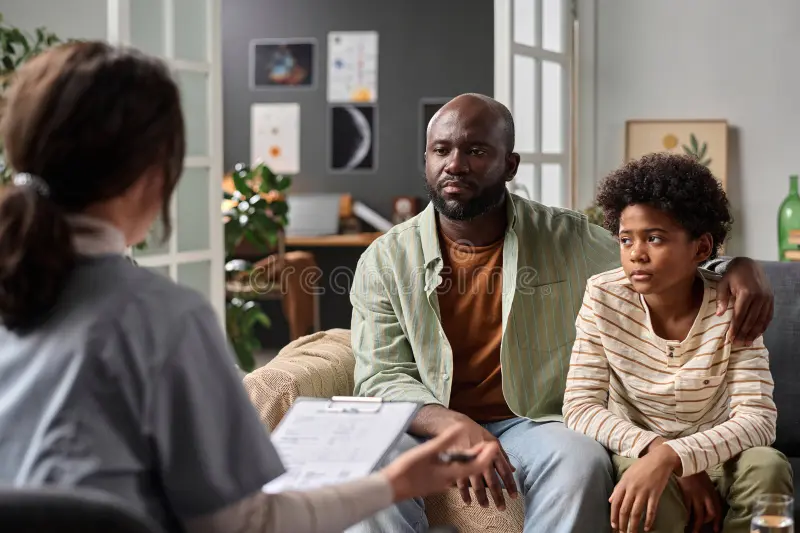24/7 Helpline:
(866) 899-221924/7 Helpline:
(866) 899-2219
Learn more about PTSD Treatment centers in Hardy
PTSD Treatment in Other Cities

Other Insurance Options

EmblemHealth

Carleon

AllWell

CareSource

CareFirst

BlueCross

Group Health Incorporated

Health Partners

Covered California

WellCare Health Plans

Cigna

Evernorth

American Behavioral

ComPsych

BlueShield

Self-pay options

Ceridian

UnitedHealth Group

WellPoint

United Health Care










